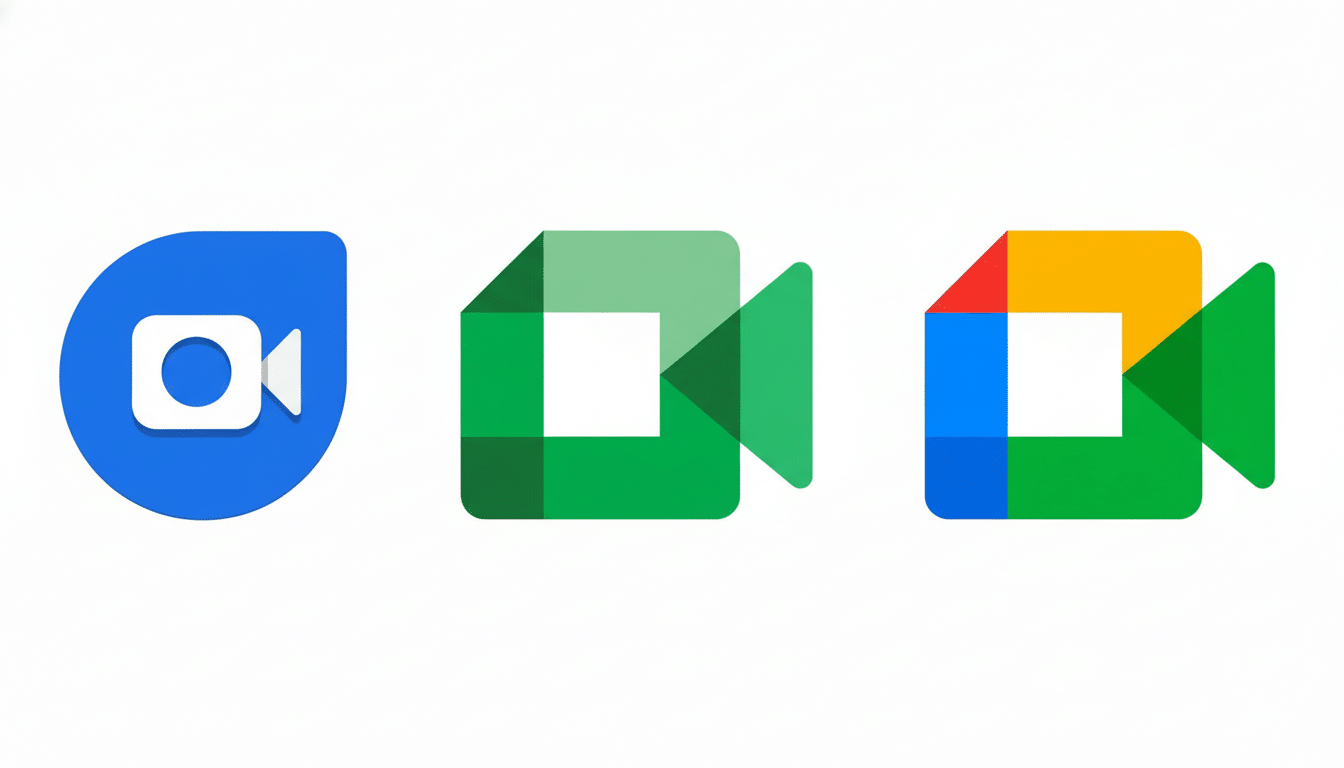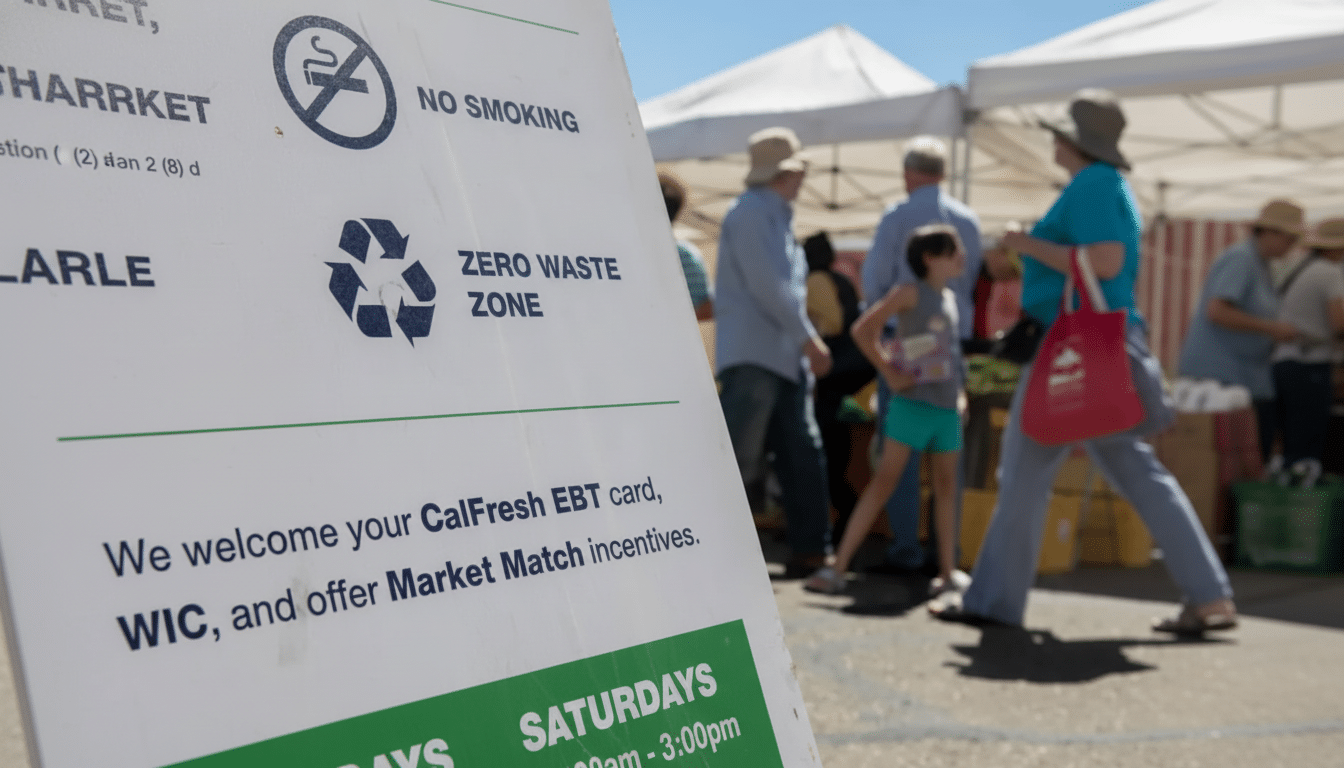Google is putting the end-of-life dagger away for a few months. It has extended the previously announced plan to kill off the last few remnants of Google Duo to January 2026. However, let me hasten to clarify that it does not involve Google revoking the death sentence. Users will continue to be moved to Google Meet (GM) in droves, while all historical Duo call logs and messages delivered to the now-discontinued legacy options are bracing for the guillotine. The decision-making details are stipulated below:
The announcement accompanying the new timetable was published in the form of an in-app banner of Google Meet in Android. The new scythe will fall on the remaining company’s legacy call feature set in January 2026. Although the giant’s public support page has yet to reflect the change, the in-app update seems more reliable. Accordingly, when the time comes, all holdouts on the ‘legacy calling’ pile will be rolled over to the new experience using GM. Phone history logs and messages will not be migrated. In other words, what we’re dealing with is platform consolidation. Your account remains, your contacts remain, but transaction information, as well as a full list of the now-permanently-disabled standalone Duo’s ‘greatest hits’, do not.

Who is affected by the legacy Duo shutdown transition
Now, who does it affect?
If you started using the current Google Meet app years back and never saw any branding of Duo, you are likely safe. The effect targets users that either have not updated Google for a long time or still work with the legacy calling’s contents while engaging access to relatives using devices that are stuck with older versions. This may be a larger group than what you think. At the peak of the app, Duo had over 1B installs on Google Play, and some users are still on old devices or in regions with little cycle updates. Although enterprises have settled on Google Workspace for Meet, families and small groups still have the path to a legacy front-end that worked with one-tap calling to a party calling on a grey-market tablet. If this describes you or anyone you have called, plan accordingly.
Export your legacy data before the cutoff to keep records
Before the cutoff date, you have the option to export your legacy data within the app.

- Open Settings.
- Click Calling (legacy).
- Choose your Google account.
- Click Manage legacy calling history.
- Click Export legacy call history.
- Save your data as plain text or in .csv format for spreadsheet use.
There is no viable method of merging old Duo logs with your new Meet history. Instead, use the export as an archive, not as migration. You should export the data with each account you used with the app.
What you lose from Duo and gain with Google Meet upgrade
Signature Duo touches like Knock Knock, which lets users view live videos before answering, Family Mode, which adds on-screen doodles and effects, and Mirror mode won’t be part of this journey. These are some of the reasons why Duo felt lighter and more personal than traditional meeting software. When compared to Duo, Meet has a more versatile feature set; expanded device support, bigger group calls, live captions, background noise reduction, extra moderation capabilities, and tighter integration with Gmail and Calendar. The security is top-shelf using Google’s business-grade policies and client-side encryption for specific types of meetings. In short, the warmth of Duo fades as Meet’s size increases.
Google’s communication app consolidation and timeline notes
Google has always endeavored to find the best of both worlds in its communications strategy. This is reflected in previous mergers with Hangouts and Chat and with Meet, as well as the eventual closing of Allo. Following an announcement earlier this year that Duo would be absorbed into Meet by 2022, Google must consolidate brands at an accelerated rate. Fortunately, sunshine week has purchased them a few more months with the late July 2022 sunset. This allows Google to remind people and nudge the last few holdouts without breaking any call flows before the holidays. It also becomes a hand for the pragmatic side: in-app prompts have shown time and time again to be able to determine real-world positioning far more accurately than static sunsets. If a large chunk of users remains dependent on legacy calls, the last few months can help mitigate service pains or ensure exports aren’t violated.
Bottom line: plan your move before January 2026 arrives
Don’t get the delay for a change of heart; Duo’s legacy era is ending; it’s just ending a few months later. If you care about your call history or messages, get them out now, upgrade to the most recent Google Meet, and make sure your contacts can reach you on the modern stack. You’re getting a unified, feature-rich platform in exchange. You forfeit several beloved Duo adornments in exchange. For the majority of home and family, it’s a change that they can navigate. And at the later date of January 2026, you have more time to move in ways that work best for you.

